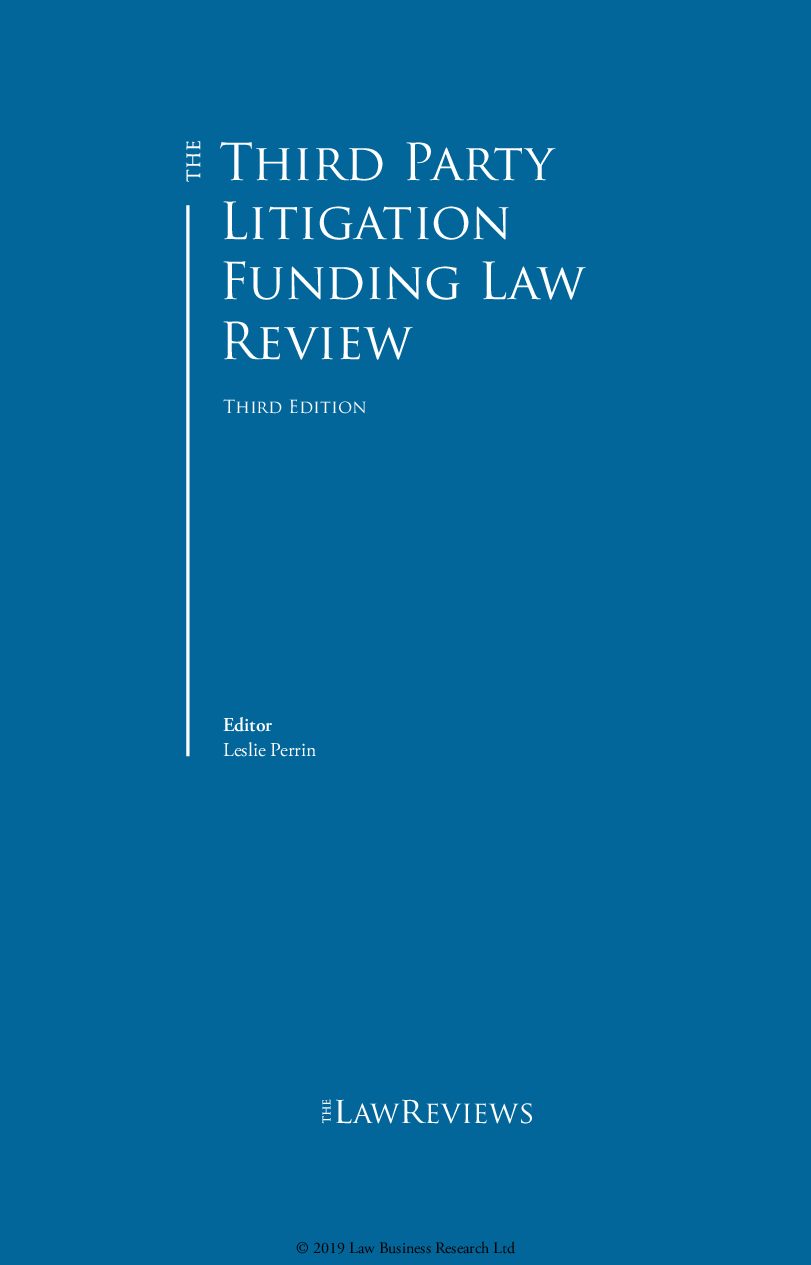A safe harbour for dispute resolution
Arbitration, in and of itself, has a long-standing history, having been practised by the Greeks and Romans, it is to this day still one of the most sought out methods of dispute resolution. In more recent decades, and alongside globalisation, international arbitration has been vastly growing in popularity for a number of reasons.
It is commonly said that arbitration can be less costly and less time consuming than litigation, especially in terms of international disputes. It is, however, less commonly known that arbitration is also beneficial and comes into play well before a problem may even arise. The decision to use arbitration occurs during the phase of contract negotiation, which also means that the right decisions must also be made from the very beginning in order to take full advantage of this means of dispute resolution.
With the current global climate as it stands, the country, or jurisdiction, one chooses to settle an international arbitration dispute can have heavy implications on the time, outcome, monetary gain, among other important matters. In recent years, Portugal has become an increasingly alluring haven in regards to arbitration dispute resolution.
Below are 8 advantages of choosing Portugal:
1. Geography – situated an ocean away from North and South America, and within close proximity to Africa, and the rest of Europe, Portugal is a central hub for many who come from across the globe. When considering international arbitration between two countries separated by an ocean, such as Brazil and Angola, Portugal may be considered a fair and neutral location.
2. Language – over 250 million people speak the Portuguese language throughout the world and is the 6th most widely spoken language. Portugal also shares a great amount of cultural, economic and legal backgrounds which serve as a common tie between many other countries. Due to this, a large amount of commercial transactions worldwide, deal with Portuguese speaking countries. Recently, Portugal has seen a substantial growth in terms of investment and capital flows, due to larger countries, such as Brazil and Angola viewing Portugal as a safe harbour for their investments.
3. Portuguese Legal Background – the Portuguese Civil Code and Civil Procedure are still in force in Angola. Mozambique, Cape Verde, São Tomé Principe, and Guinea Bissau. These countries very closely follow, to this day, the Portuguese Case Law, meaning that Portuguese law is still very much embedded and relevant within their respective legal systems.
4. Safe and Stable – Portugal is considered to be the safest of all the Portuguese speaking countries. Portuguese people are hospitable and warm by nature. Most Portuguese people speak an intermediate and comprehensive level of English, more so than most of the other European countries, simplifying communication. Due to Portugal being a member of the E.U. this has attracted a high level of foreign investment, especially from other Portuguese speaking countries.
5. Modern Facilities – Portugal is a modern country with many modern infrastructures and facilities. In recent times, Portugal has been considered a spearhead in terms of new technologies and IT solutions. Modern technologies have been also applied to the judicial system. Procedures before state courts are almost entirely managed through web-based platforms. Paperless dockets have been a reality in Portugal for many years now. Arbitration has been benefiting from this new landscape, for example, if one party intends to begin arbitration and needs an interim measure, all that must be done is to file a request via “Citius”, a web-based platform. The request will then arrive at the judge’s desk the following day. This online system works for every arbitration related matter that needs to be dealt with by state courts, with the exception of within courts of appeal and the Supreme Court of Justice.
6. Robust Legal System – Portugal has recently enacted a new arbitration law inspired by Uncitral Model Law. This is a modern law providing for the most in-demand features ranging from the principle of separability of arbitration agreements and the competence of arbitral tribunals to decide on their own competence to the joinder of third parties, as well as the powers that are granted to arbitral tribunals to order interim measures in pending or about to start arbitrations. Arbitral awards in Portugal are final and subject to no appeal. An annulment of the arbitral award may only be granted under very limited and special circumstances. This law also provides for very constricted and limited circumstances under which a foreign arbitral award may be refused recognition and enforcement. Portugal is also a signatory party to the most relevant international treaties related to arbitration, such as the New York Convention and the ICSID Convention. Portugal is also party to around 60 bilateral investment treaties.
7. Supportive State Courts – courts in Portugal consistently adhere to the principle that the arbitral tribunals are competent to decide on their own competency. A number of cases related to swaps show that courts do not hesitate to refer parties to arbitration even in the vent that there exist allegations that these contracts are null for violating public policy. Arbitral tribunals are sufficiently competent to decide on the costs of arbitration, courts will only intervene where excessive situation occur. Arbitral awards are only set aside when there is a violation of public policy or other fundamental principles of arbitration – which is very rare! Internationally accepted standards, such as the IBA Guidelines on conflicts of interests are also applied.
8. Internationally Oriented Community – in Portugal, international standards are applied when dealing with international arbitration cases. International events regularly take place in Portugal and shed new and innovative light on the topic at hand, including the ICC Portugal Arbitration Day, with the second edition having taken place during 2018. Portuguese practitioners also regularly publish articles in English, in order to reach a wider audience. The Portuguese arbitration community is in permanent contact with other communities including the Brazilian, Spanish and French colleagues.
The benefits of choosing Portugal for cases relating to international arbitration resolution go beyond the above-mentioned where the quality and likelihood for a favourable outcome are a high probability.
LEARN MORE
If you would like more information or have any questions regarding international arbitration in Portugal, please send us an email to info@victoria.associates and we will be in touch as soon as is possible.













